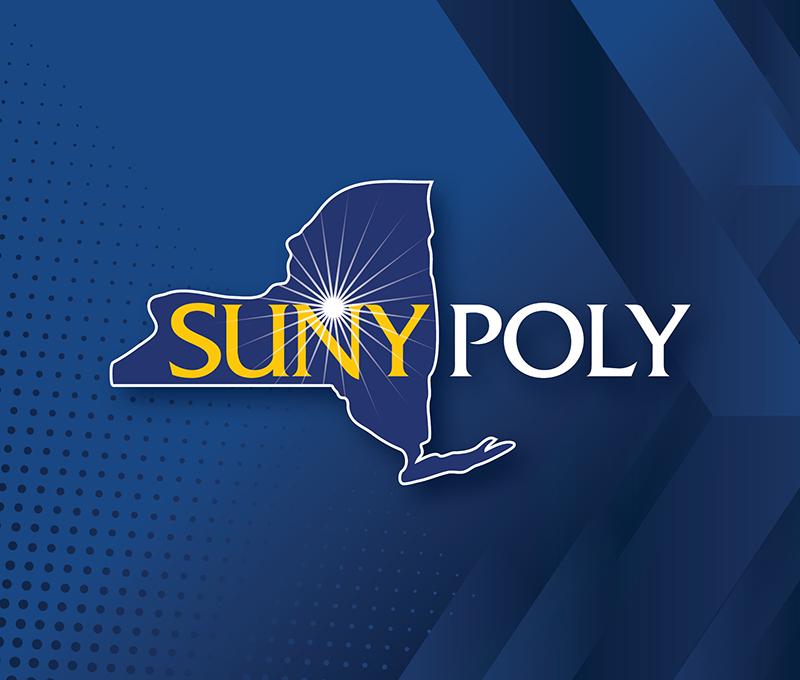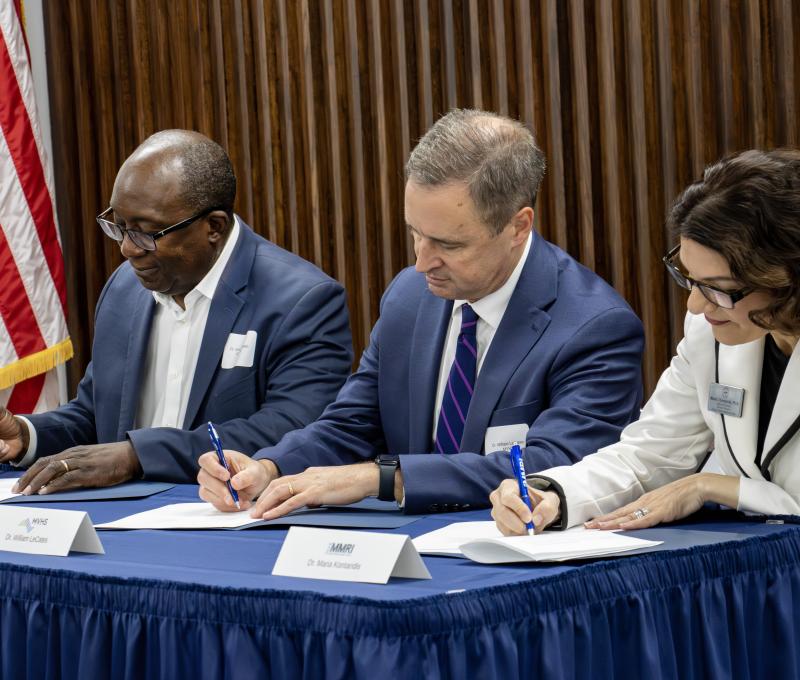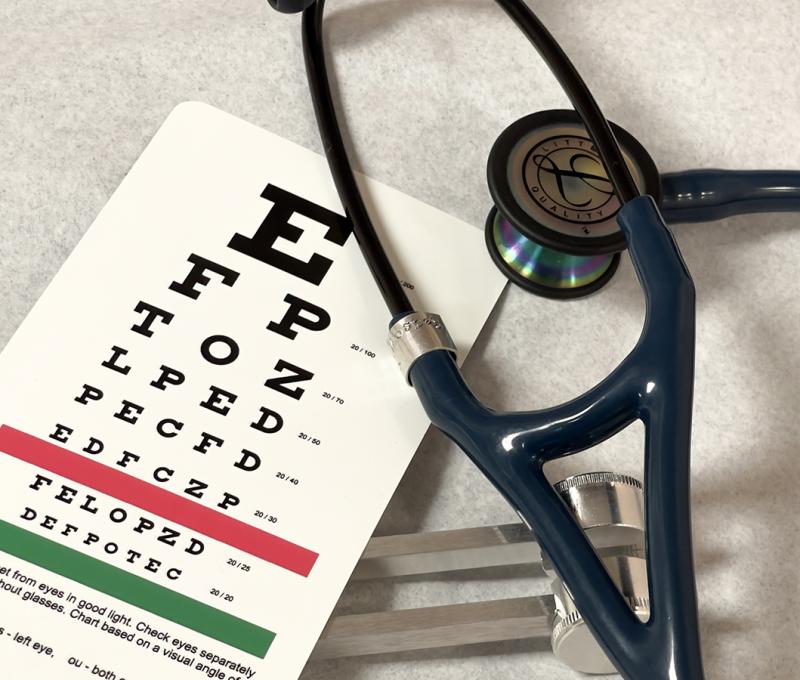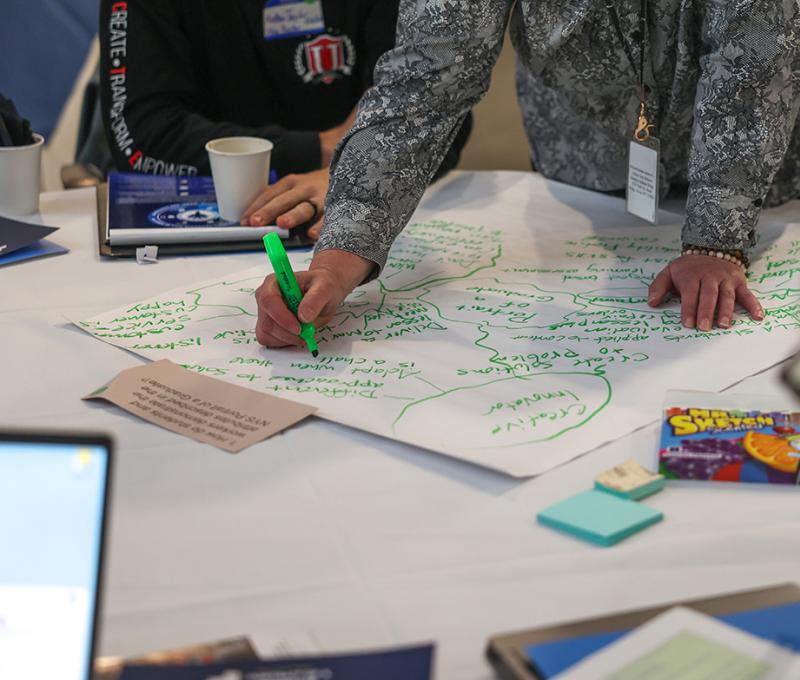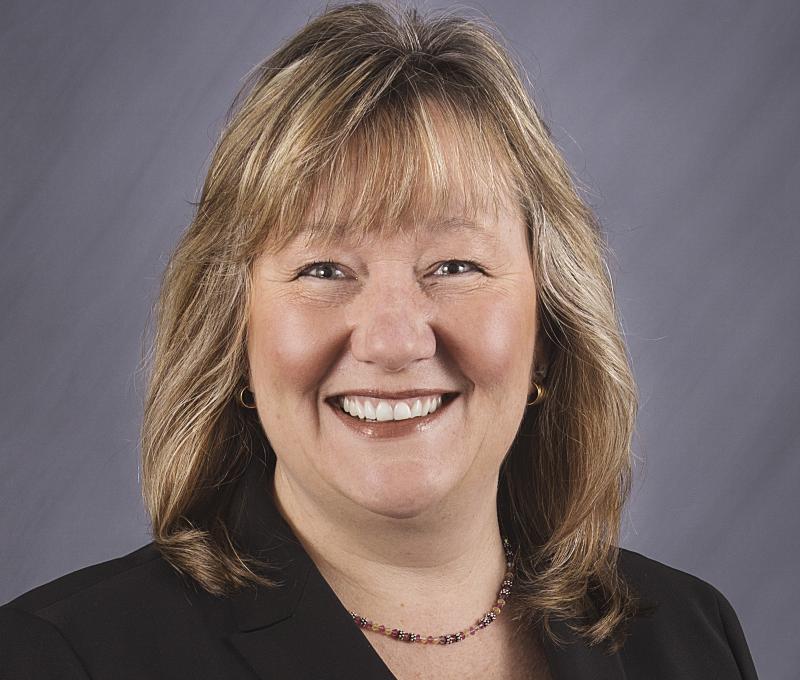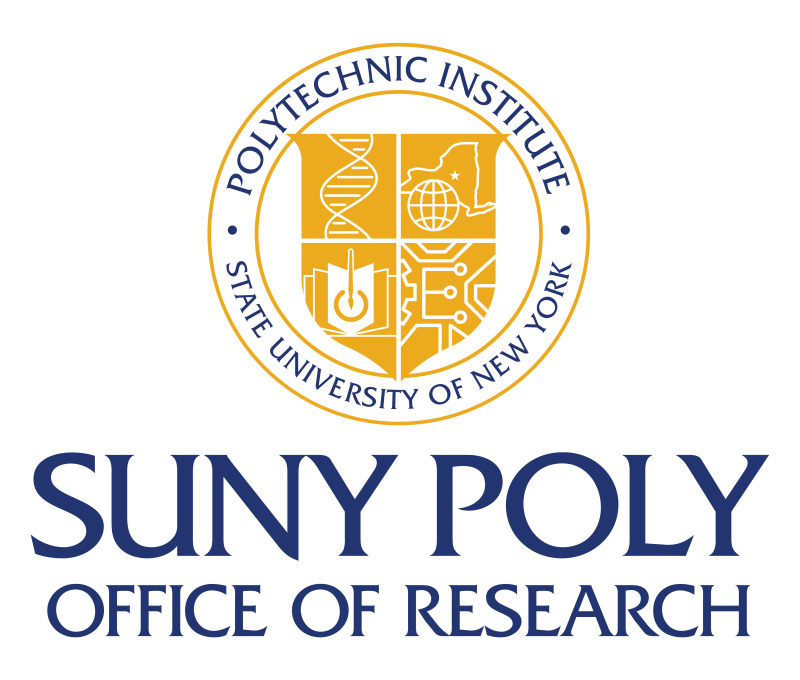SUNY Poly Awarded $371,000 from National Science Foundation for
Leading-Edge Complex Data Analysis and Encryption Research

For Release: Immediate – April 25, 2016
Contact: Jerry Gretzinger, Vice President of Strategic Communications and Public Relations
(518) 956-7359 | jgretzinger@sunypoly.edu
SUNY Poly Awarded $371,000 from National Science Foundation for Leading-Edge Complex Data Analysis and Encryption Research
Innovative Research Spearheaded by SUNY Poly Professors Dr. Firas Khasawneh and Dr. Roopa Vishwanathan
Utica, NY – Supporting Governor Andrew M. Cuomo’s commitment to innovation-based research across New York State, SUNY Polytechnic Institute (SUNY Poly) today announced that the National Science Foundation (NSF) has selected two SUNY Poly Professors to receive funding and support for their ongoing research. Dr. Firas Khasawneh, SUNY Poly Assistant Professor of Mechanical Engineering, has been awarded $196,000 for research related to finding ways to use high-level mathematics to make data analysis more reliable, and Dr. Roopa Vishwanathan, SUNY Poly Assistant Professor of Computer Science, will receive $175,000 for research related to automating proof construction and verification techniques for a new family of cryptosystems called “attribute-based cryptosystems,” which are comprised of attribute-based encryption and signatures that are useful in situations where a computer user must possess the right credentials and anonymity is required to protect privacy.
“These National Science Foundation awards are further testament to the success of Governor Andrew Cuomo’s innovation-centered ecosystem in New York State, and SUNY Poly is proud to play a primary role in enabling state-of-the-art research by its world-class faculty as a platform for catalyzing unprecedented research and educational opportunities across the state,” said Dr. Alain Kaloyeros, President and CEO of SUNY Polytechnic Institute. “We are honored that the work of Drs. Vishwanathan and Khasawneh is being recognized for its potential to advance current understanding in the areas of mechanical engineering and computer science.”
“This funding recognizes the importance of the research being done by both Dr. Khasawneh and Dr. Vishwanathan, and all of us at SUNY Poly offer our heartiest congratulations on this achievement as it aligns perfectly with Governor Andrew Cuomo’s high-tech educational paradigm for New York State,” said Dr. Robert Geer, Senior Vice President and COO of SUNY Poly. “Our faculty is second to none in their commitment to excellence as they continue to innovate in the classroom and laboratory, providing a top tier educational environment for our students to gain the skills they need to thrive in the growing number of New York State’s 21st Century careers.”
“I am proud that the research conducted by Drs. Vishwanathan and Khasawneh has received validation through significant grant awards of the National Science Foundation,” said Dr. William Durgin, SUNY Poly Provost. “This is a wonderful example of the outstanding work conducted by our faculty, and I know I am joined by all of our colleagues in congratulating them both.”
The National Science Foundation awarded Dr. Firas Khasawneh $196,000 for his project, “Collaborative Research: A Unified Framework for the Investigation of Time Series Using Topological Data Analysis.” Under the direction of Dr. Khasawneh, the research aims to advance the frontiers of data analysis in three important fields: time series analysis, which involves using several methods to analyze data over time in order to obtain valuable information that can be used to predict future outcomes; dynamical systems, or mathematical models that can explain physical movement, for example; and applied topology, which is a branch of mathematics that investigates the shape of data. The findings of his research will lay the foundation for improving current analytical tools and advance understanding in a number of applications related to both science and engineering.
“I am excited about the opportunity presented by this National Science Foundation award which will not only enable a greater ability to analyze complex data, but also empower graduate and undergraduate students who will take part in this critical research and pursue careers in the exciting, STEM-centered fields,” said Dr. Khasawneh. "Currently, intensive user expertise and input are essential for analyzing the data of dynamical systems. This makes the process of data analysis more of an art than a science and, consequently, more prone to errors. This proposal will help us investigate how to leverage high-level mathematics to make the process of data analysis more systematic and reliable.”
Dr. Roopa Vishwanathan has been awarded $175,000 from the NSF for her project, "CRII: SaTC: Automated Proof Construction and Verification for Attribute-based Cryptography," which will lead to the design and development of a comprehensive framework that can extend the current protocols which are utilized by computers around the world to maintain security for a variety of critical systems, such as for encrypted communications. By advancing this area of attribute-based cryptography, Dr. Vishwanathan and her team aim to take existing encryption tools to the next level, and will also explore cryptographic protocols in high-level languages such as C or Java. Additionally, this research will support educational opportunities for SUNY Poly students who will be able to work on advanced areas of cryptography to develop in-demand industry skills.
"I'm thrilled to receive this award, and I am thankful to the NSF for this support,” said Dr. Vishwanathan. “This project will help me build on my prior work in theoretical cryptography and enable me to work on an exciting new area in crypto: attribute-based cryptography."
“Drs. Khasawneh and Vishwanathan’s success in obtaining NSF funding is an indication of the emphasis placed by SUNY Poly’s College of Engineering on hiring faculty who are teachers, researchers, and at the top of their game,” said Dr. Andrew Wolfe, Interim Dean of the College of Engineering. “I am confident that this is just the beginning of the recognition of the unmatched research being conducted at SUNY Poly's College of Engineering, and we are thrilled that it will simultaneously enhance SUNY Poly’s educational offerings for students who are interested in pursuing the exciting possibilities that are available to them in these fields.”
####################
SUNY Polytechnic Institute. SUNY Polytechnic Institute (SUNY Poly) is New York’s globally recognized, high-tech educational ecosystem, formed from the merger of the SUNY College of Nanoscale Science and Engineering and SUNY Institute of Technology. SUNY Poly offers undergraduate and graduate degrees in the emerging disciplines of nanoscience and nanoengineering, as well as cutting-edge nanobioscience and nanoeconomics programs at its Albany location and undergraduate and graduate degrees in technology, including engineering, cybersecurity, computer science, and the engineering technologies; professional studies, including business, communication, and nursing; and arts and sciences, including natural sciences, mathematics, humanities, and social sciences at its Utica/Rome location. Thriving athletic, recreational, and cultural programs, events, and activities complement the campus experience. As the world’s most advanced, university-driven research enterprise, SUNY Poly boasts more than $43 billion in high-tech investments, over 300 corporate partners, and maintains a statewide footprint. The 1.3 million-square-foot Albany NanoTech megaplex is home to more than 4,000 scientists, researchers, engineers, students, faculty, and staff, in addition to Tech Valley High School. SUNY Poly operates the Smart Cities Technology Innovation Center (SCiTI) at Kiernan Plaza in Albany, the Solar Energy Development Center in Halfmoon, the Children’s Museum of Science and Technology (CMOST) in Troy, the Central New York Hub for Emerging Nano Industries in Syracuse, the Smart System Technology and Commercialization Center (STC) in Canandaigua, and the Photovoltaic Manufacturing and Technology Development Facility in Rochester where SUNY Poly also leads the American Institute for Manufacturing Integrated Photonics. SUNY Poly founded and manages the Computer Chip Commercialization Center (Quad-C) at its Utica location and also manages the $500 million New York Power Electronics Manufacturing Consortium, with nodes in Albany and Rochester, as well as the Buffalo High-Tech Manufacturing Innovation Hub at RiverBend, Buffalo Information Technologies Innovation and Commercialization Hub, and Buffalo Medical Innovation and Commercialization Hub. For information visit www.sunycnse.com andwww.sunypoly.edu.


